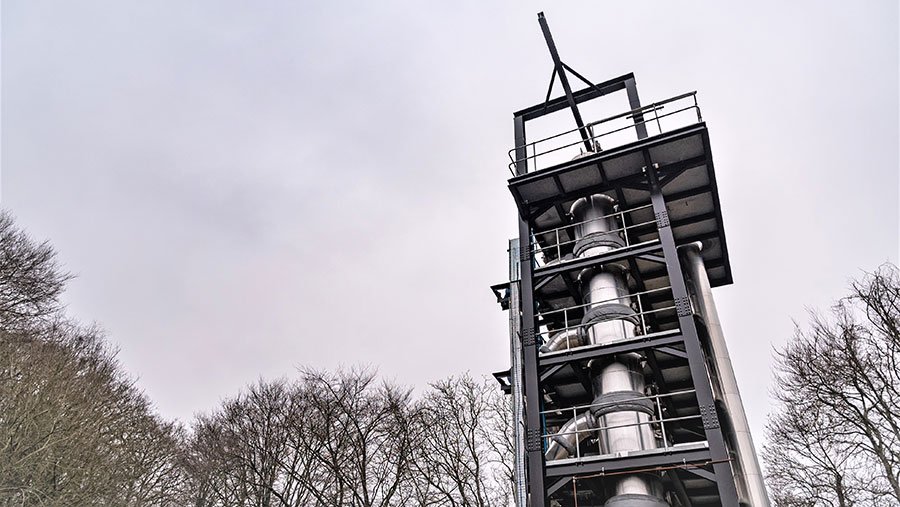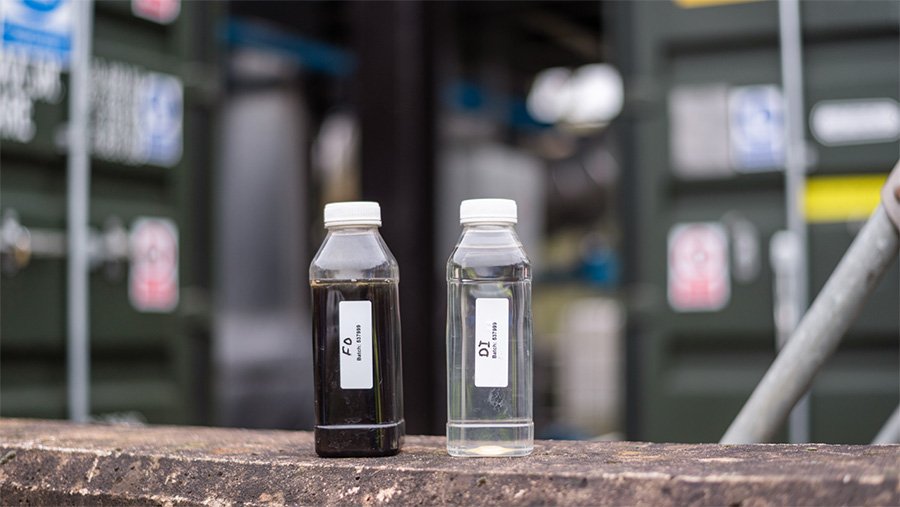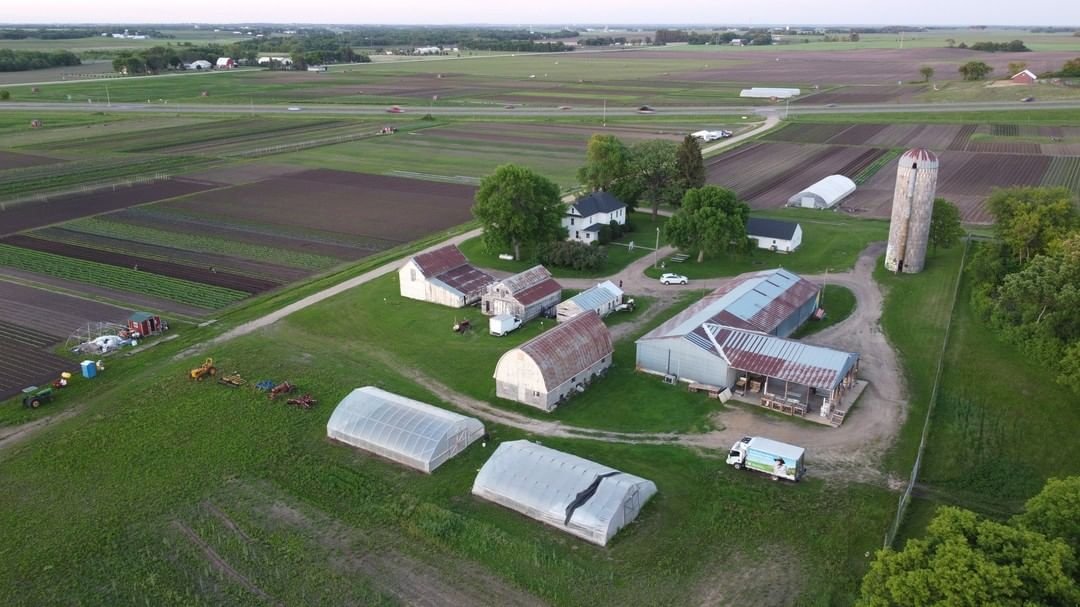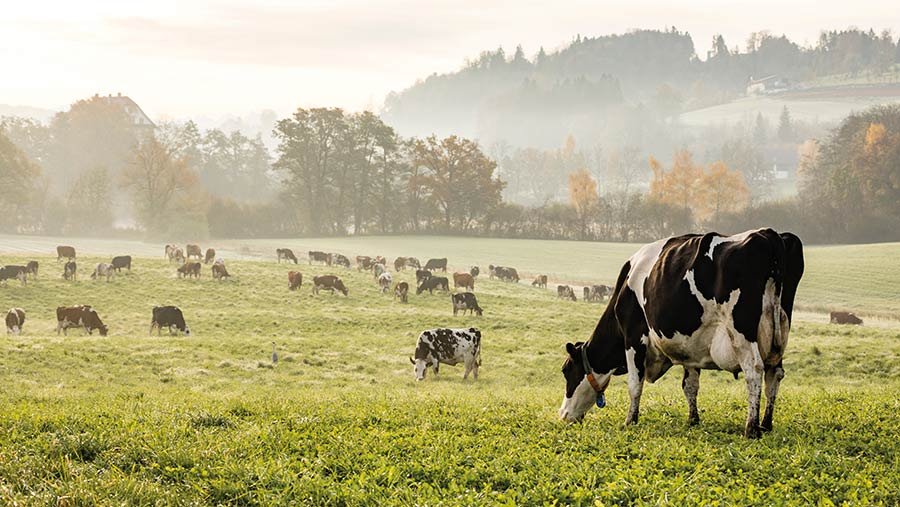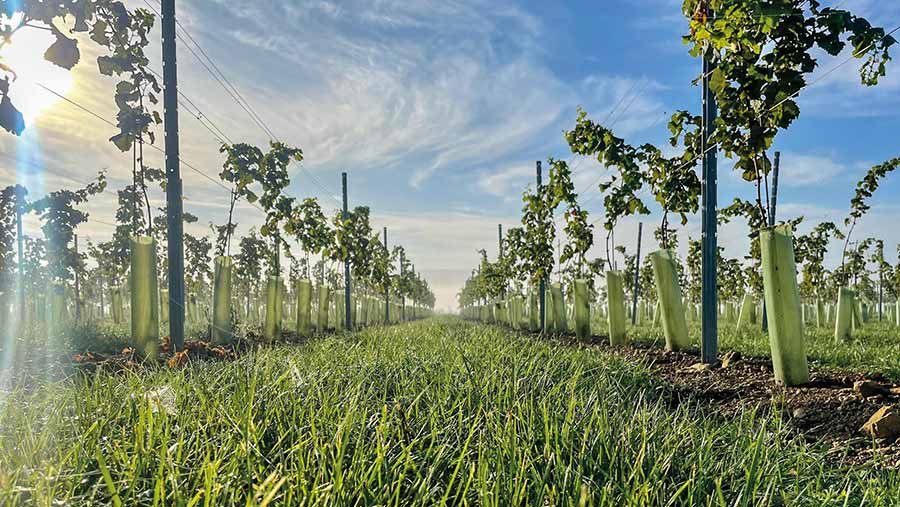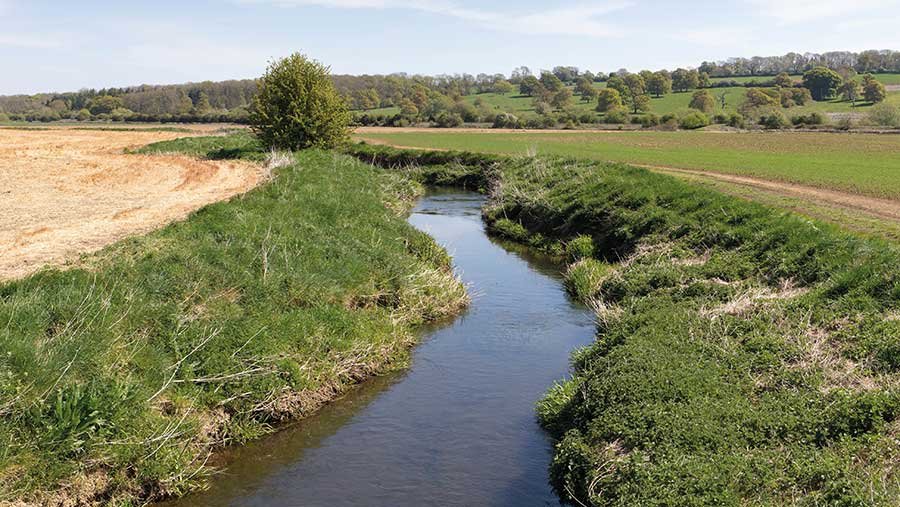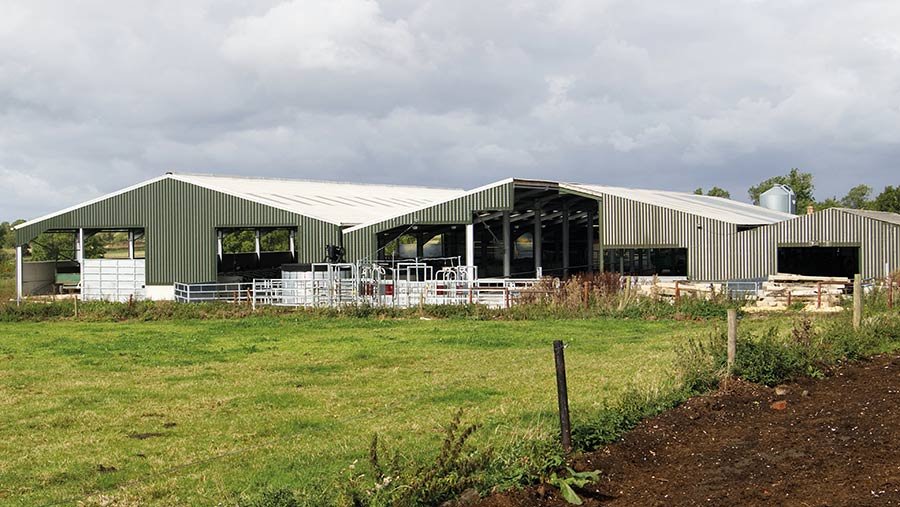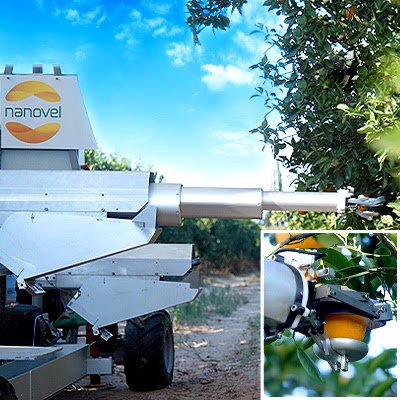While all industries produce wastewater as a by-product of their manufacturing process or other operations, the way the wastewater is treated can make a huge difference to the environment and can be a resource in itself that is full of minerals and nutrients.
(Examples of this include digestate produced by anaerobic digestion which can be used as fertiliser!)
Untreated waste is extremely problematic for humans, animals, and plants alike.
Even natural chemicals such as nitrogen in unusually high concentrations can disturb ecosystems, prevent plant growth, and diminish wildlife.
Other elements, especially man-made chemicals, can cause serious illnesses and, if dumped into the ocean, can cause irreversible environmental damage.
As wastewater can carry a combination of solids, chemicals, and nutrients, it can become a breeding ground for water-borne bacteria and spread diseases.
Industrial wastewater can include sewage, oil, byproducts of mining and metalworks, microplastics, organic matter, and lots more.
With the global industrial wastewater treatment market expected to be worth $174.9 Billion by 2029, finding a cost-reducing method of effectively treating waste is extremely important.
To put things in perspective and give a sense of scale, research from Utrecht University in the Netherlands suggests that annual wastewater production is around 359 billion cubic metres annually (approximately equating to filling 144 million Olympic-sized swimming pools every year!).
The rate of wastewater treatment also differs from country to country, with some locations being able to treat as much as 70% of their wastewater, while others treat as little as 28% before discharging it back into the environment – usually into the ocean – and putting the global average at around 48% of wastewater being left untreated.
LAT Water has been helping to bridge this gap by helping businesses meet their corporate environmental responsibilities and, in turn, providing eco-friendly solutions to businesses across the world.
LAT Water recently worked with Broadpath Landfill in Devon to deliver an overall operational cost reduction of 48% and a further 70% reduction in energy use at the site.
LAT Water has been helping to bridge this gap by helping businesses meet their corporate environmental responsibilities and, in turn, providing eco-friendly solutions to businesses across the world.
LAT Water recently worked with Broadpath Landfill in Devon to deliver an overall operational cost reduction of 48% and a further 70% reduction in energy use at the site.
The bespoke LAT Unit provided to Broadpath Landfill was able to treat 10m3/day of raw leachate using only 7kwhr/m3 of electricity – creating an innovative new solution that not only saved the company money long-term but allowed them to reuse and recycle the treated wastewater and its useful compounds.
The process was able to recover a consistent minimum of 80% clean water, with the additional capability to recover as much as 95%.
All results for treated water for both distillate and concentrate streams were within agreed specifications and environmental permits for safe discharge for the area.
This project is ongoing and LAT Water is remotely monitoring the results to ensure consistent output and reliable uptime.
Technical background
LAT Water has developed innovative wastewater treatment separation technology, with the ability to use discharged low grade waste heat, for example, in the form of hot gas from industrial exhausts, reducing total energy consumption by over 70% and offering significant operating cost savings.
LAT™ is the only technology offering three solutions in a single step: reduction of high levels of ammonia, reducing dissolved salts and reducing organics.
This offers high rates of water recovery and the ability to treat more complex waters than other systems.


